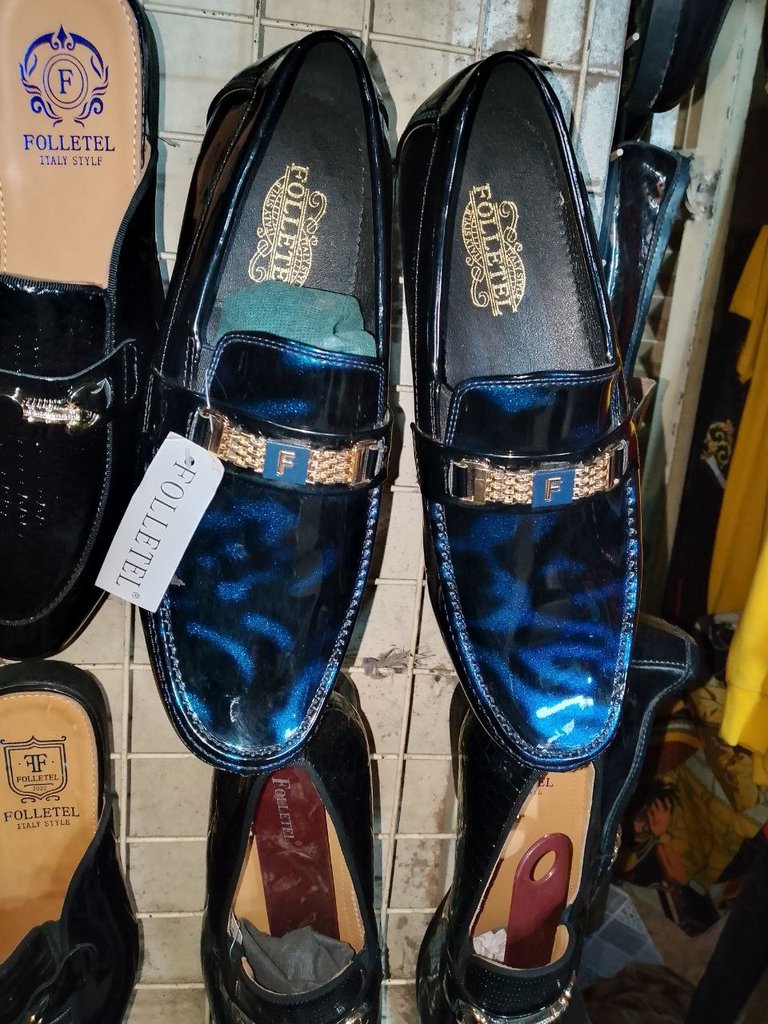
Operating a seasonal business during festivals like Christmas and New Year could be rewarding yet challenging too. During such peak seasons of shopping, many a business owner gives in to temptation aimed at expanding product lines to make the most of enhanced consumer spending.
Selling clothes has taught me a few bitter truths about seasonal ventures. And every year, at Christmas-New Year, it is the same story all over again: people coming, getting whole outfits. They want new clothes, and almost always they want new shoes to go with them.
This year, I decided to take the plunge. Running my clothing store has taught me that fashion is all about complete looks, so adding shoes seemed like a natural step. The potential for quick profits during the festive season proved too tempting to resist.
Now, let me give you a reality check concerning this decision: sure, there is money to be made during these peak shopping times when customers are in their holiday spirits and ready to buy complete outfits. It is exciting to sell clothes and shoes to happy customers.
But the catch is, the risks are as real as the rewards. Every pair of shoes that I stock is an investment, and if those do not sell during the festive shopping rush, they may perhaps never sell. That is a gamble that puts me on edge. While my regular clothing inventory may sell throughout the year, seasonal shoes have a window.
The other headache that I hadn't quite factored in was storage challenges. Shoes take up a lot of space, and for each style, several sizes are required. My already busy stockroom with the inventory of clothes now has to house boxes of shoes. It's not just space but an entirely new category of inventory to manage with its complications.
I have my share of wins and losses. Some styles flew off the racks, just complementing this season's outfit trends; the others. Well, they are still in my storage and serve as an expensive reminder of the risks of seasonal enterprises.
Timing is the hardest lesson. In the clothing business, which I am used to operating in, I can sell most items by adjusting their prices or holding them to be sold during the following seasons. However, for the trending seasonal items, such as shoes worn during festivities, the timing is very short. Their demand drops dramatically once the celebrations are over.
Sometimes these seasonal losses are severe. If shoes don't sell during the peak period, I'm compelled to make tough decisions, slash prices well below cost, attempt to store them for next year if they're not too trend-specific, or write off my loss and know better next time.
Not that I am saying seasonal ventures are always a bad idea, but they can work; they just require careful planning and a clear understanding of the risks involved. For me, it's all about finding the right balance-stock enough to meet demand when times are festive, but never overextend myself.
The reality of running a clothing store in today's market is that customers often want one-stop shopping experiences. Adding seasonal items like shoes can help meet this demand, but it needs to be done thoughtfully and with a clear exit strategy.
For now, I am learning to be strategic with my seasonal investments. Each season teaches me something new about how to handle these temporary opportunities while taking care of my core business. It's a constant weighing between taking calculated risks and ensuring that my clothing store is stable in the long run.
This is the reality of seasonal trending business: a mix of opportunity, challenge, profit, and potential losses. Indeed, as a clothing seller, I have found one basic thing: success with a seasonal venture is not quite about seeing the opportunity; it is about understanding and preparing for its possible best and worst outcomes.
Posted Using InLeo Alpha
Nice business dear, cross sales can be highly rewarding in business and this is exactly what you've done. Well, I believe that holiday periods as this is when people cut on shavings in order to feel among so maximizing such an opportunity to make your customer look absolutely perfect in dressing would keep them to your business beyond every reasonable doubt bye and happy sales.